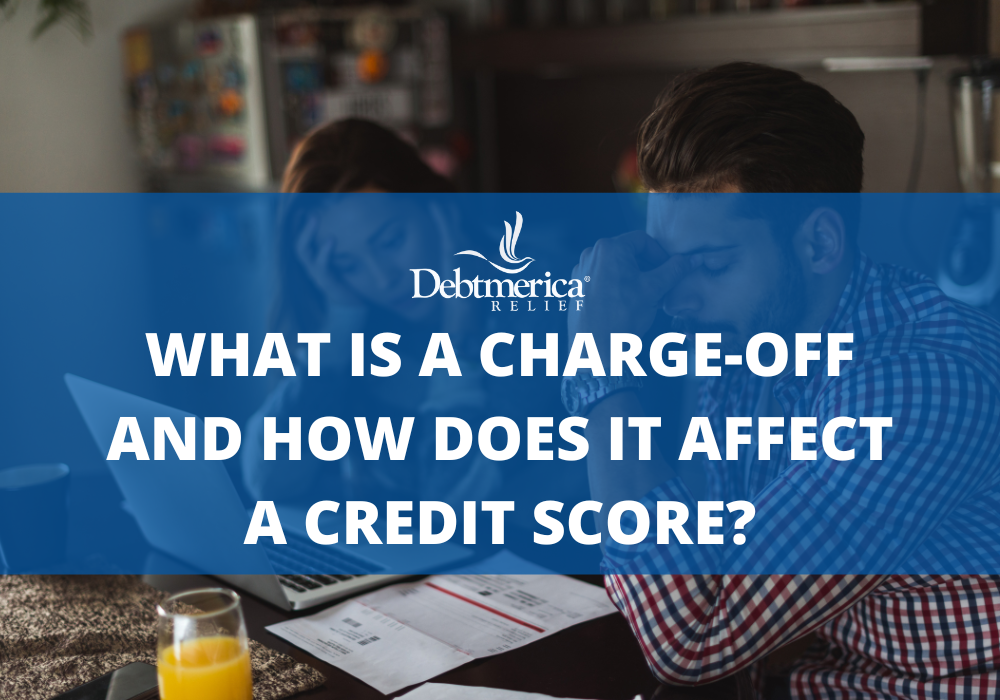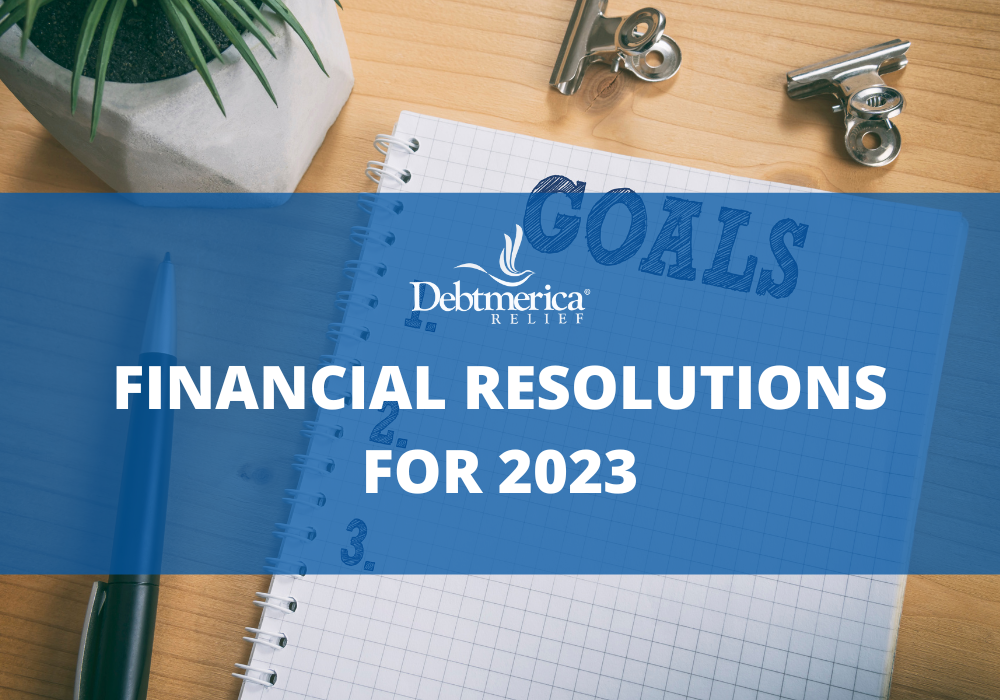What is a Charge-Off and How Does it Affect a Credit Score?

When we face large sums of debt, we might be familiar with the term debt collection. Debt collection is when a third-party collection agency tries to collect past-due debt from borrowers. What you may not know is that in order for your debt to reach the collections step, it must first be charged off. Here’s an overview of charge-offs and how they affect your credit score.
What is a charge-off?
A charge-off is a debt that is deemed unlikely to be repaid because the borrower has become significantly delinquent for a long period of time, usually six months of nonpayment. In some cases, the debt is charged off when the borrower makes monthly payments, but they are below the required minimum. If the creditor decides to charge off the debt, they essentially cross out the debt and a mark goes on the borrower’s credit report as a charge-off. The creditor can then sell your debt to a collection agency. At this point, the balance on the debt will be zero, but the borrower is still legally responsible for repayment.
How do charge-offs affect a credit score?
Your credit score will be hurt even before you officially have a charge-off on your credit report. Late and missed payments have a considerable effect on your credit score, so missing payments long enough to receive a charge-off means an already damaged score. That said, receiving a charge-off on your credit report can be very damaging to your credit score, which then makes it much more difficult to be approved for credit or get a reasonable interest rate. If the creditor does sell your debt to a collection agency, your charge-off status on your credit report will change to a collection status, which can lower your credit score even more. In addition to a drop in credit score, you will likely receive several phone calls and notices requesting payment.
Even if a charge-off debt is paid or settled, the charge-off mark will not be removed from your credit report for seven years, nor will it improve your score by much. The only change will be that it is acknowledged as paid or settled. Paid-off or settled charge-offs are still viewed as derogatory marks to other lenders. You may be able to negotiate with the creditor to have that status removed from your credit report entirely but there are no guarantees of this being approved.
On the other hand, there may be some cases where you can dispute a charge-off if it’s inaccurate. To dispute, you’ll need to contact the credit bureau, provide the necessary documentation to prove your claims, and wait for them to investigate. If they agree the charge-off is inaccurate, they will remove the entry and notify the other credit bureaus so they can update their own records.
Debt Relief for Credit Borrowers
Dealing with a charge-off is a long, uphill battle with no shortcuts or easy ways out. It goes without saying that the absolute best way to avoid a charge-off is to make your monthly payments in full and on time. If your debt is too much and a charge-off seems inevitable, it might be best to seek help from a financial advisor or debt settlement company like Debtmerica Relief. If you need help with debt, give Debtmerica a call at 800-470-8155 for a free consultation.



